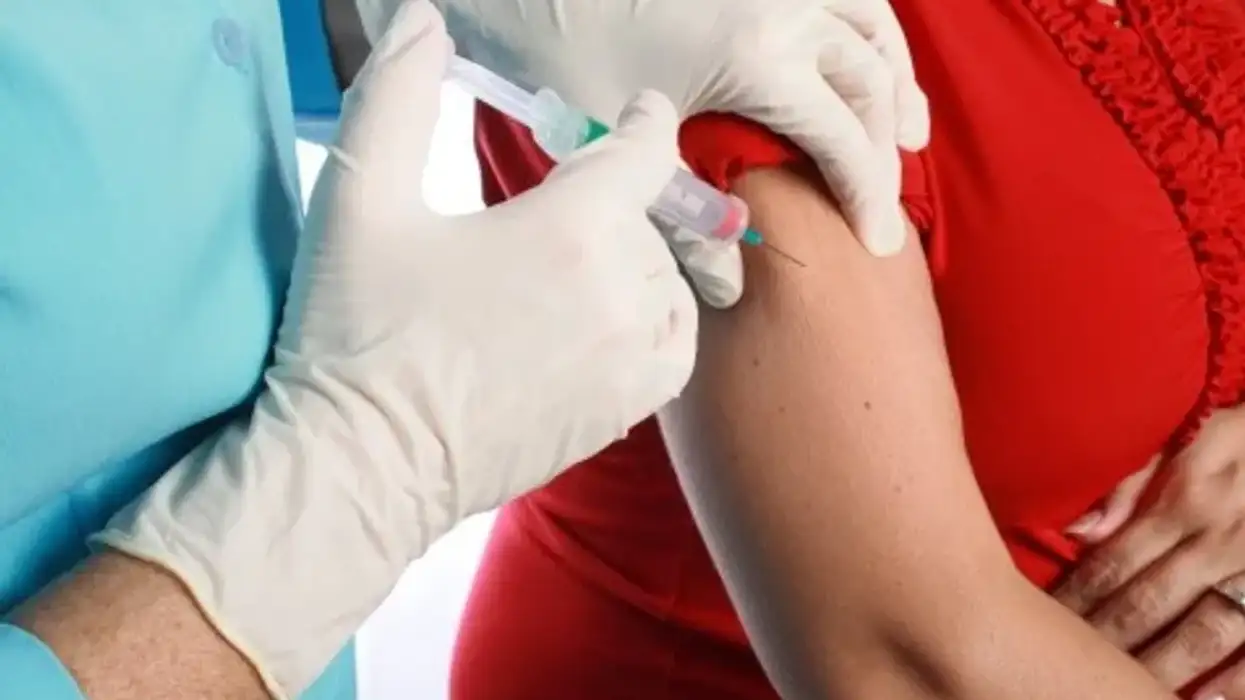Healthcare professionals from across Scotland met to discuss how prescribers can support NHS Scotland's target to achieve net zero by 2040.
Royal Pharmaceutical Society (RPS) Scotland and the Academy of Medical Royal Colleges and Faculties in Scotland brought together healthcare leaders to discuss how everyone can work together to make prescribing more environmentally sustainable.
A representative of every healthcare profession that prescribes medicines was invited to the meeting, which included GPs, hospital doctors, pharmacists, nurses and other health professionals.
Medicines account for around a quarter of carbon emissions in the NHS.
At the meeting, key strategies to work in a more sustainable way were discussed, including:
- How to prescribe more sustainably, by ensuring information about the environmental impact of medicines is available for prescribers and patients to encourage use of medicines which have a lower carbon footprint such as low carbon inhalers.
- How to reduce medicines waste through regular medication reviews and improving repeat prescription ordering systems, as well as ensuring waste medicines are disposed of safely.
- How patients, healthcare professionals and politicians can think more dynamically about healthcare and reducing reliance on prescribing by involving patients in decisions about whether to take a medicine or consider a clinically suitable alternative such as exercise or activity programmes.
Speaking at the round table discussion, Clare Morrison, RPS director for Scotland, said: “Climate change is everyone’s responsibility. As prescribing healthcare professionals, we are very aware of the significant responsibilities we have in achieving net zero, both within the NHS and across society.
“I’m proud of the leading role RPS is playing together with our colleagues from Scottish Academy of Medical Royal Colleges, to bring together healthcare professionals from across Scotland to discuss this very important issue.
“Clinicians being more mindful about the prescribing process will not only benefit the environment, but also patients, as a key part of this is ensuring that we’re always thinking about how we prescribe in a patient centred way that will enhance each patient’s outcomes.”
Dr David Shackles, joint chair of RCGP Scotland, added: “On behalf of the Academy of Medical Royal Colleges and Faculties in Scotland, I am delighted help bring together colleagues from across healthcare in Scotland to explore how we can help reduce the carbon footprint of our NHS.
“Reducing the environmental impact of prescribing is incredibly important if we are to reach Net Zero and as prescribers, we all have a role to play in helping to achieve this.
“Bringing together healthcare leaders to explore this issue is a landmark step. I very much look forward to the discussions and crucially, building on areas of progress to ensure we can work together and alongside policymakers to achieve the very best outcomes for the health of our patients and the planet.”
Dr Miles Mack, chair of the Academy of Medical Royal Colleges and Faculties in Scotland, said: “The Scottish Academy recognise climate change as a global public health issue. Mitigating its impact is vital to protect both the physical and mental health of patients and generations to come.
“As healthcare professionals who are responsible for prescribing to our patients, we each have a role to play in ensuring that our activities can, in so far as is possible and as is clinically appropriate, reduce harm caused to the environment.
“I am therefore very pleased to see healthcare professionals come together to discuss this important issue and strive for solutions to the environmental challenges posed by prescribing.”











